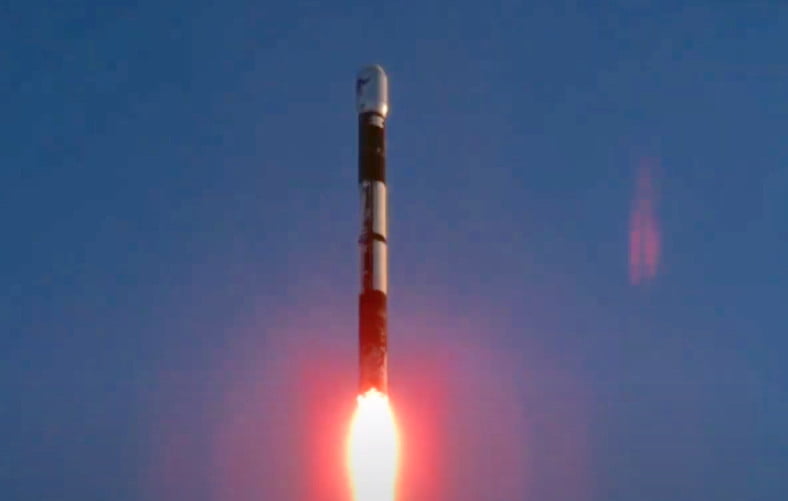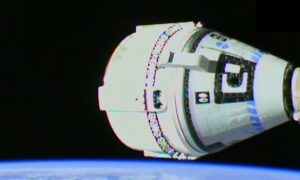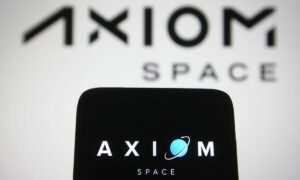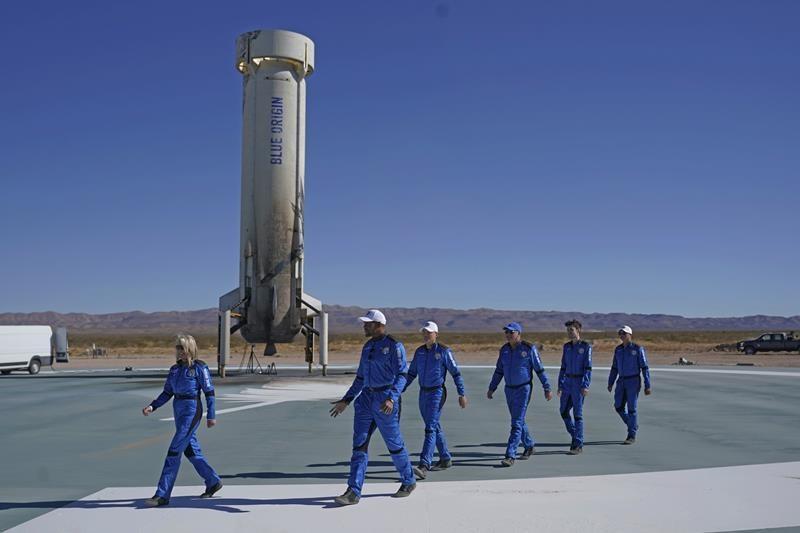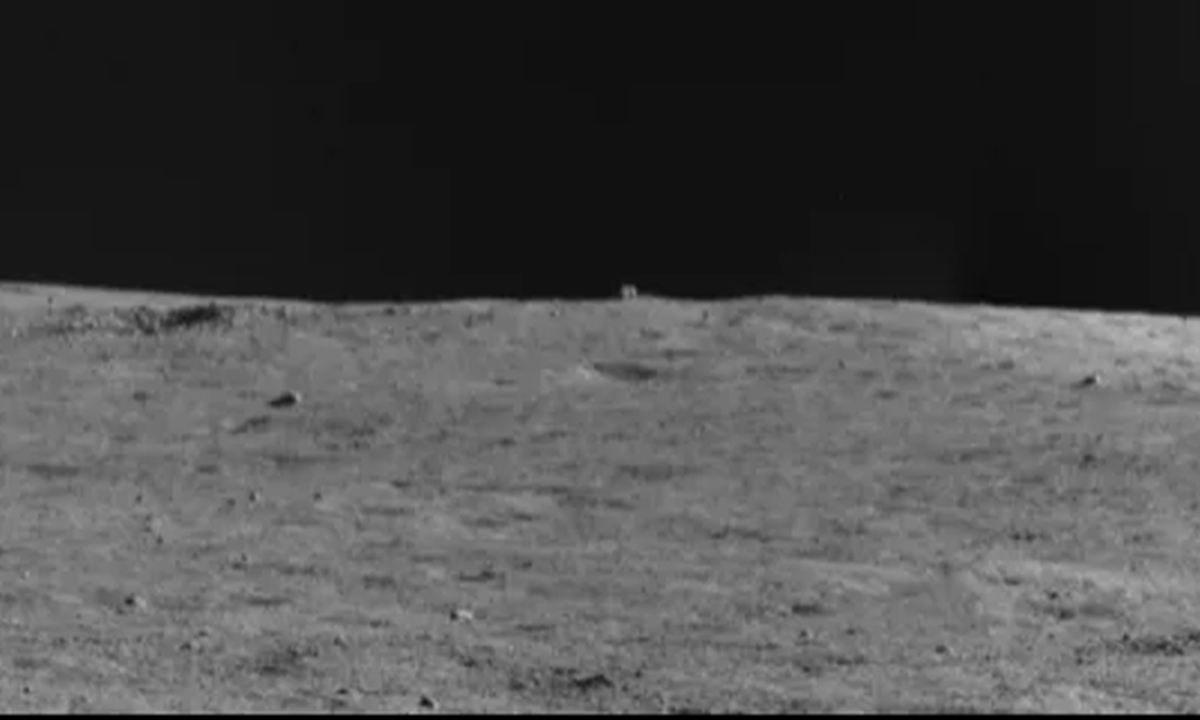Space organization Firefly launched its Alpha rocket for the first time on Thursday evening, yet the vehicle had experienced a few minutes into climb and detonated in the sky above the Pacific Ocean off the coast of California.
Firefly was attempting to reach orbit, and its Alpha rocket went supersonic minutes before the failure, as indicated by the organization’s mission control audio. The rocket launched from the SLC-2 complex at Vandenberg Space Force Base.
“Alpha experienced an anomaly during first stage ascent that resulted in the loss of the vehicle. As we gather more information, additional details will be provided,” the company said in a tweet.
Remaining at 95 feet tall, Firefly’s Alpha rocket is intended to launch as much as 1,000 kilograms of payload to low Earth orbit – at a cost of $15 million for every launch. This places Firefly in the “medium-lift” category of rockets, setting it in opposition to a few different organizations including Richard Branson’s Virgin Orbit, ABL Space and Relativity Space.
The first Alpha mission, called DREAM (or Dedicated Research and Education Accelerator Mission) and launching from Vandenberg’s SLC-2, was a test flight and carried multiple items, with 11 technical payloads. The technical payloads include: A Teachers in Space 3D cube satellite (which is trying a Villanova blockchain analyze), Purdue University’s FireSail, the Hawaii Science and Technology Museum’s small satellite, six FOSSA picosatellites, a showing rocket for Benchmark Space Systems, and the Space Electric Thruster Systems propulsion demonstration spacecraft.
Firefly, with a valuation of more than $1 billion, has raised more than $175 million to date. The organization is most popular for its dispatch business, with the Alpha and the arranged Beta. In any case, it is additionally dealing with a lunar lander called Blue Ghost and a space utility vehicle – otherwise called a “space tug” — to ship satellites into extraordinary orbits after a launch.
The organization had intended to launch its first Alpha rocket in December, however CEO Tom Markusic disclosed to CNBC recently that Firefly “ran into some problems with readiness of the launch site” at Vandenberg Air Force Base in California, and furthermore had a critical deferral from a provider of the rocket’s flight termination system – a key piece needed for the rocket to launch. Markusic worked at Elon Musk’ SpaceX, Jeff Bezos’ Blue Origin and Branson’s Virgin Galactic before Firefly.
Disclaimer: The views, suggestions, and opinions expressed here are the sole responsibility of the experts. No Chicago Headlines journalist was involved in the writing and production of this article.

